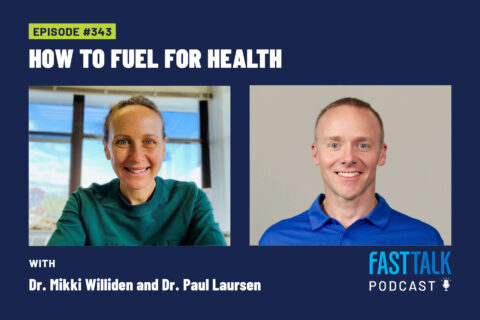
How to Fuel for Health
There’s an important difference between fueling for performance and fueling for health. In this episode, Dr. Mikki Williden and Dr. Paul Laursen give their suggestions on how to fuel for health.
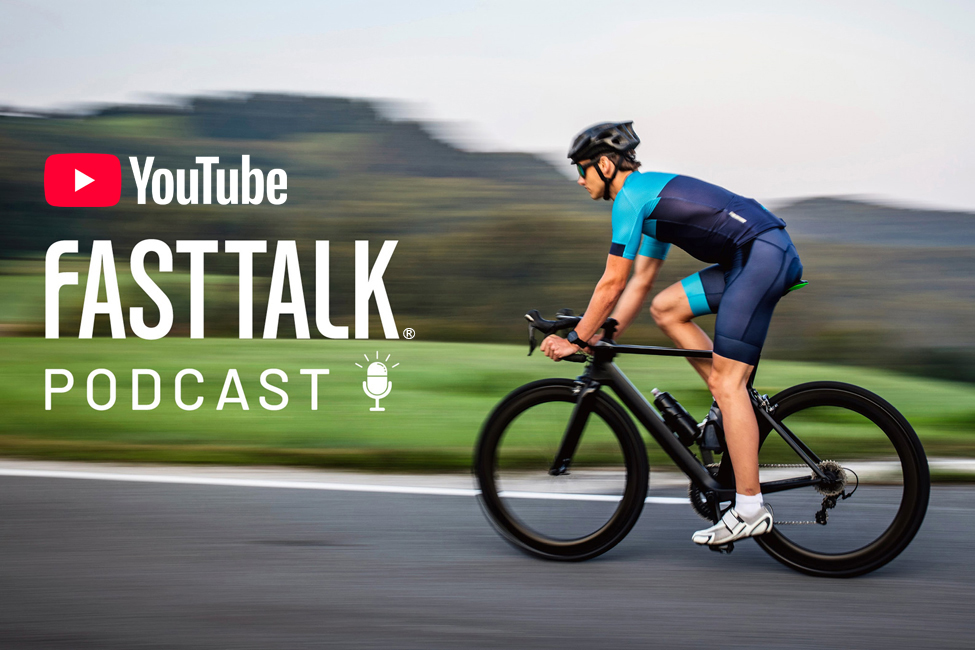
The Fast Talk Podcast focuses on the science of endurance sports in a conversational and informative style. Mixed into the deep discussions, there are tips and takeaways regarding endurance training philosophy, human physiology, workout design, performance nutrition, and sport psychology.
Our hosts Trevor Connor, Chris Case, Grant Holicky, Rob Pickels, and Julie Young explore these topics with world-class, leading experts on endurance sports. These include researchers like Dr. Stephen Seiler, Dr. Bent Ronnestand, Dr. Inigo San Millan, as well as coaches such as Joe Friel, Neal Henderson, Dr. Stacy Sims, and many more.
Subscribe to Fast Talk for over 400 episodes on Apple Podcasts, Overcast, Soundcloud, Spotify, Stitcher, or wherever you get your podcasts.
Fast Talk Podcast is now on YouTube! Subscribe now to get 150+ of our best episodes, new releases, and featured videos.

There’s an important difference between fueling for performance and fueling for health. In this episode, Dr. Mikki Williden and Dr. Paul Laursen give their suggestions on how to fuel for health.
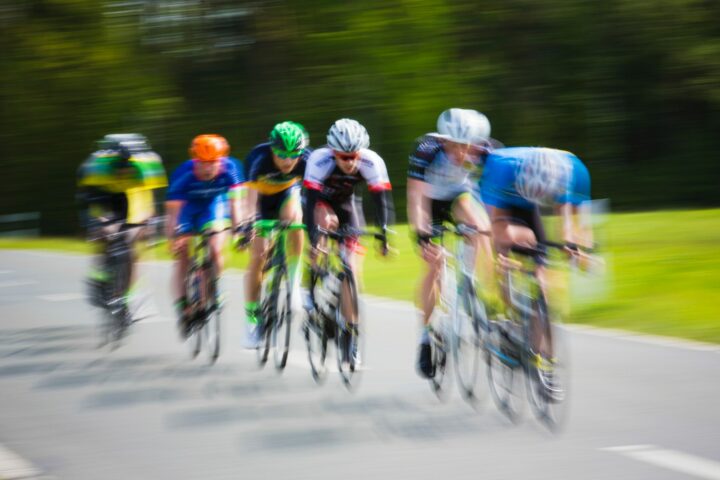
High-intensity training offers many benefits. It also has limitations. We explore just how much HIT work you need to perform at your best.
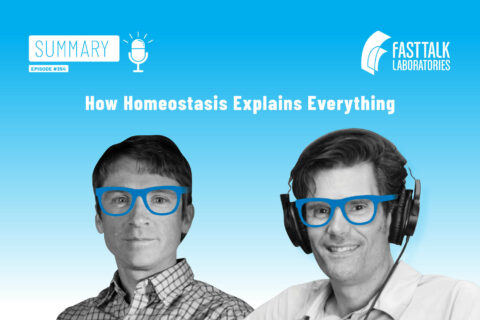
In this summary episode we discuss how homeostasis is at the core of almost every function in our bodies, including how we train and stay healthy.
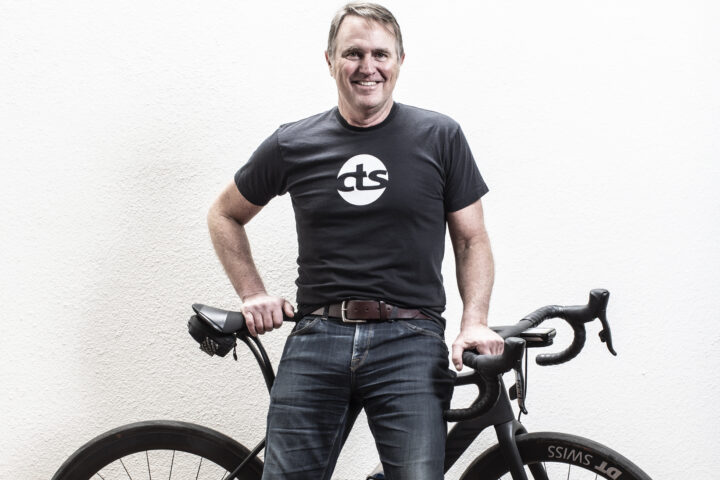
The author of “The Time-Crunched Cyclist” joins Fast Talk to discuss the science, merits, and limitations of the time-crunched training method.
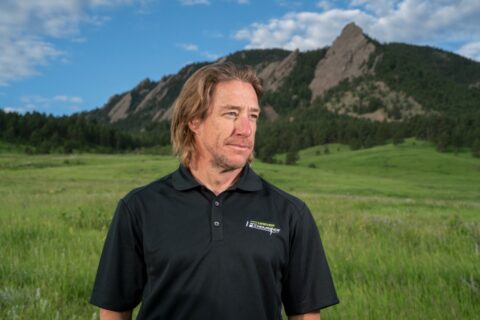
How do we map out our seasons and prepare for a couple events? Do we still need to periodize? Can we be on form all year round?
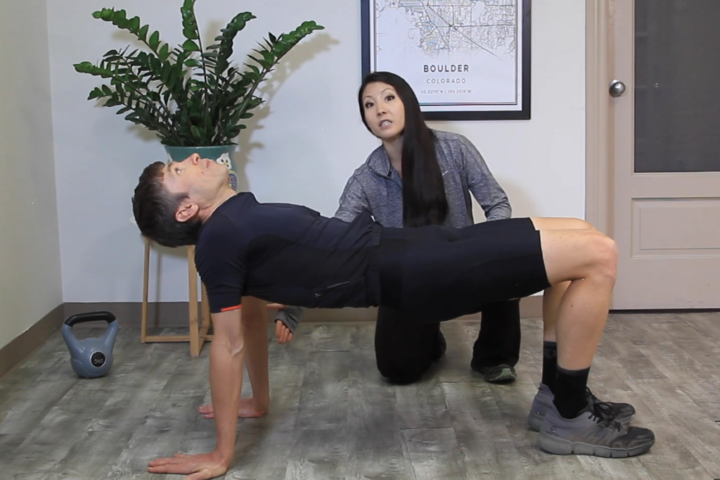
We discuss four of the most common overuse and imbalance injuries in cyclists and how to address them with off-the-bike work and proper bike fit.
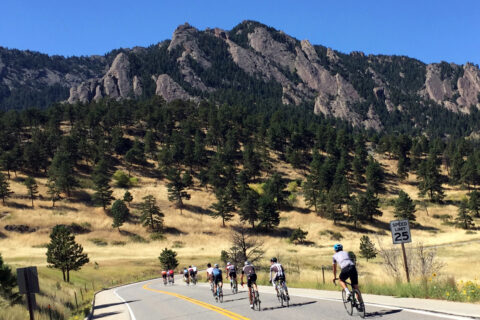
We answer listener questions on training for long endurance events, cardiac drift, the types of inflammation, and much more.

You might keep up with the latest sport science, but do you know how to interpret it? Can you tell when it’s good research that draws useful conclusions?
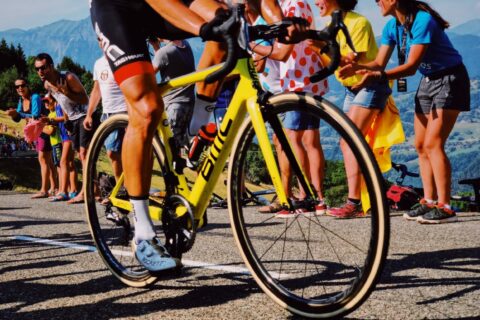
We sit down with Jumbo-Visma rider George Bennett to better understand how he trains, how you can apply his tips, and how pros have vastly different approaches.
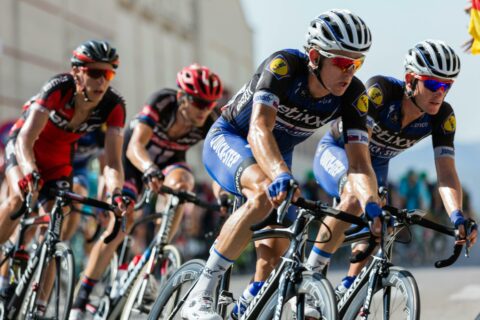
Pioneering sports nutritionist Asker Jeukendrup joins us for a discussion on how in-race nutrition is trainable and why you should be training your gut.
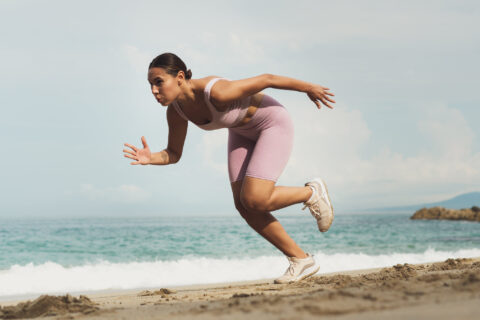
There’s a critical distinction between adaptation and recovery. Today, we focus on adaptations—what causes them and how to aid them.
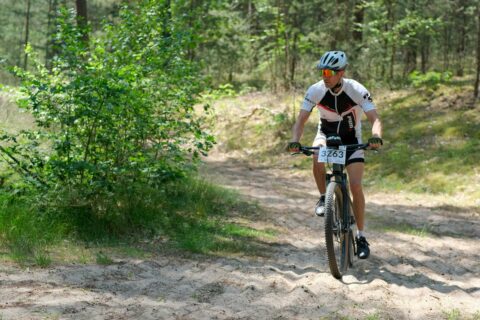
Fast Talk is taking on cyclocross, from training to racing, honing technical skills to riding on nearly flat tires.
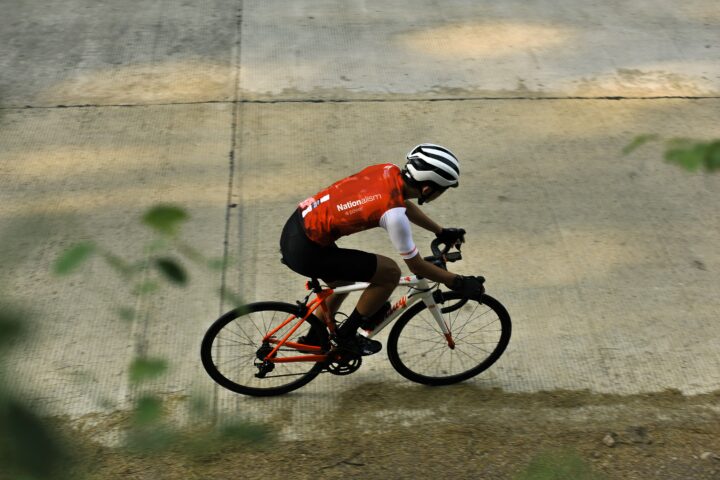
Complex training prescriptions are becoming increasingly popular. Does it really need to be that complex? What do you gain from this complexity?
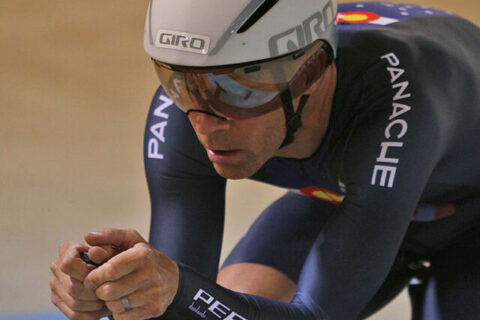
We discuss how to use energy most effectively, to make sure every time you pour a little of that precious energy out, it has an impact.

What exactly are the demands of the Tour—physiologically, psychologically, spiritually? We break it down with the help of a WorldTour physiologist.
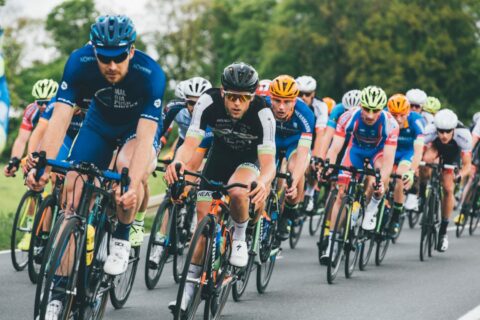
What are the most common mistakes we see in athletes—even pros? We hear from a variety of athletes, coaches, and experts who help us avoid catastrophe.
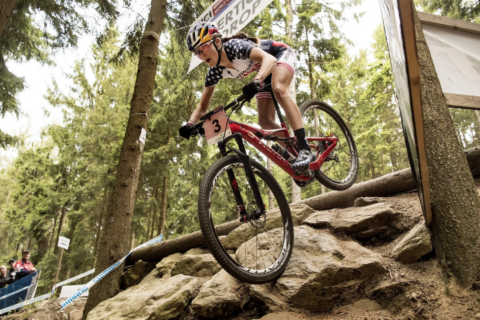
While there are many tools to measure training stress, few measure recovery. Today we dive into how to determine where you’re at in the recovery process.
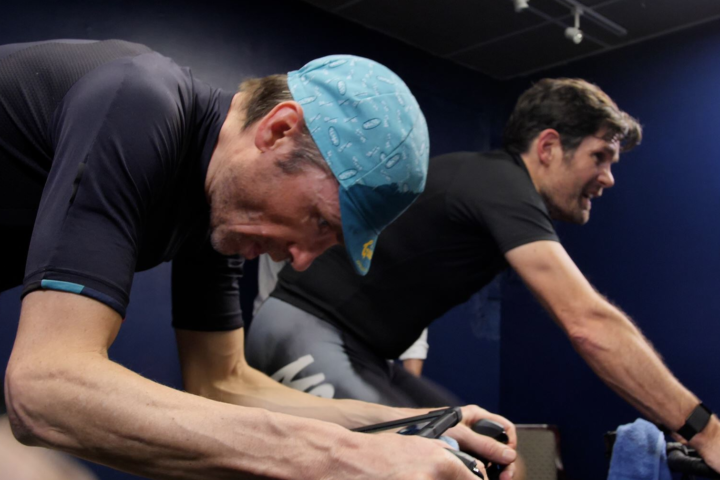
We discussed the overall polarized approach in episodes 54 and 51. Today, we’re going to talk about the other side: high intensity work.
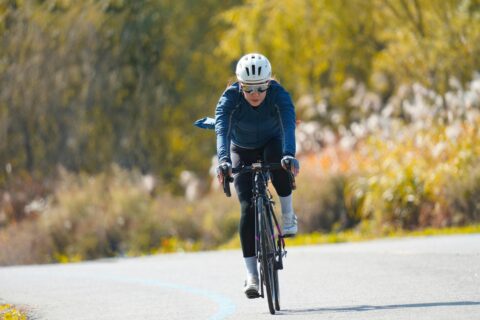
We speak with Dr. Stacy Sims, one of the leading researchers on women’s physiology and training and performance.
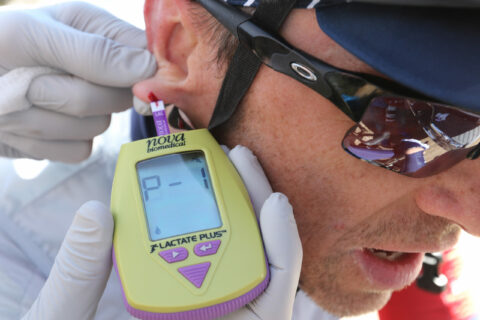
In episode 67 we talked with Sebastian Weber about the concepts of VO2max and VLamax. Now, we discuss how to balance the two systems.
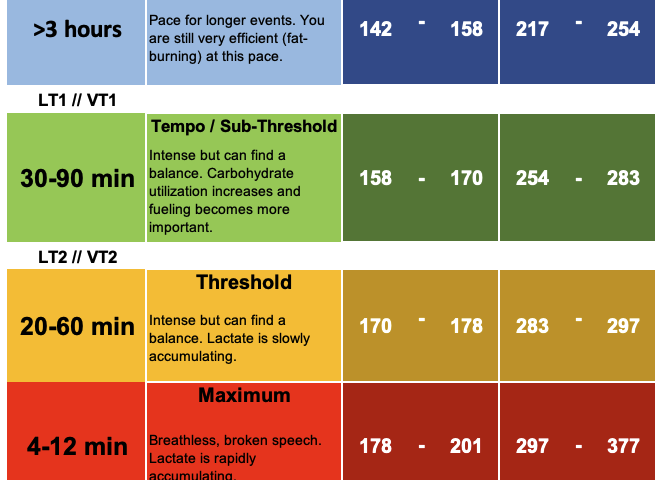
Training zones can have tremendous value when they guide workouts and help us talk about how we train. But training zones can be problematic.
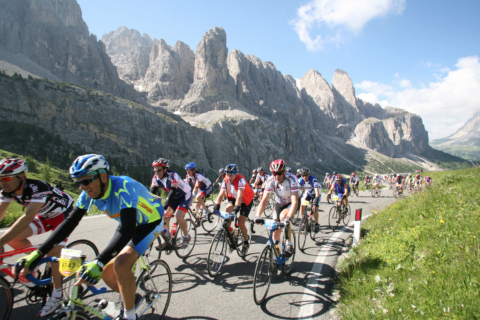
The great thing about gran fondos is there is no “right” way to do them. We teach you how to train, race, and prepare for these popular events.